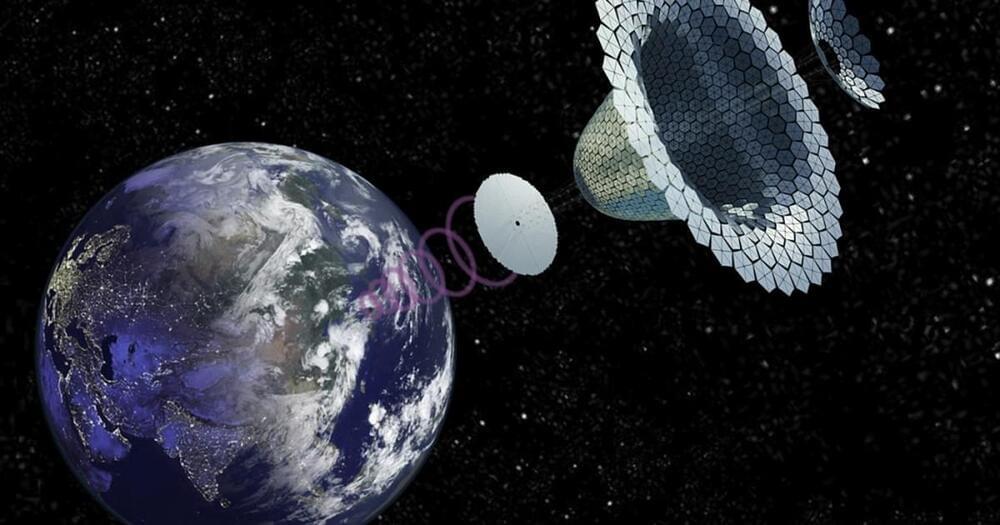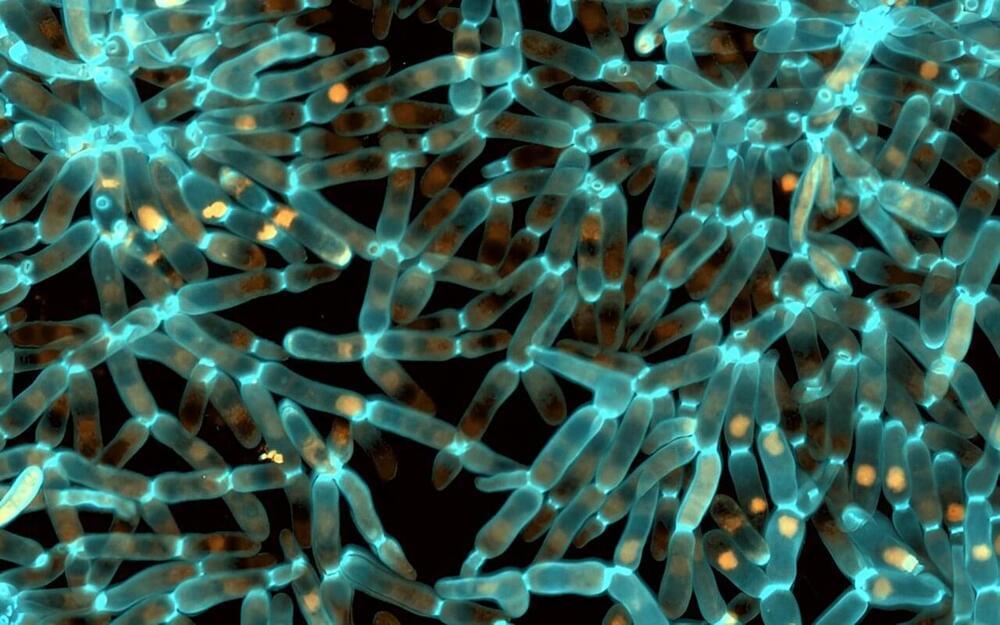Isaac Asimov’s idea of harvesting solar power from space may not be a thing of fiction much longer as space agencies explore the concept.



Albert Einstein in discussion with ‘Zwei-Stein’ v/@phalpern Zwei-Stein (signifying ‘second Einstein’) was one of physicist Wolfgang Pauli’s more flattering nicknames.
Albert Einstein in discussion with ‘Zwei-Stein’ v/@phalpern.
Zwei-Stein (signifying ‘second Einstein’) was one of physicist Wolfgang Pauli’s more flattering nicknames photo credit: Paul Ehrenfest.
Date: Autumn 1926

Excitement about the era of Quantum Error Correction is reaching a fever pitch.
By Prof Michael J Biercuk, CEO and Founder, Q-CTRL
Excitement about the era of Quantum Error Correction (QEC) is reaching a fever pitch. This has been a topic under development for many years by academics and government agencies as QEC is a foundational concept in quantum computing.
More recently, industry roadmaps have not only openly embraced QEC, but hardware teams have also started to show convincing demonstrations that it can really be implemented to address the fundamental roadblock for quantum computing – hardware noise and error. This rapid progress has upended notions that the sector could be stagnating in so-called NISQ era, and reset expectations among observers.
Recent research challenges the long-standing understanding of the end-replication problem in DNA, revealing two distinct issues rather than one.
Half a century ago, scientists Jim Watson and Alexey Olovnikov independently realized that there was a problem with how our DNA gets copied. A quirk of linear DNA replication dictated that telomeres that protect the ends of chromosomes should have been growing shorter with each round of replication, a phenomenon known as the end-replication problem.
Telomerase: A Solution Emerges




The benefits of fleet electrification are well-known, but the question of feasibility is still very real in the minds of many heavy fleet managers. To help fleets understand how electric trucks can fit into their operations, Mack Trucks is offering a mobile off-grid charging system.
Mack made the announcement earlier this week at the American Trucking Associations Technology and Maintenance Council Annual Meeting, where they showed off renderings of a Mack MD Electric carrying a “renewable propane” powered generator and 120 kW charger. While somewhat clunky as a concept, it should do a reasonable enough job of pretending to be permanent infrastructure to give a fleet manager a sense of whether or not an electric solution will work for them.
“This system will allow the customer or dealer to charge trucks – whether it’s a demo unit or a multi-unit ride-and-drive event at the dealer – without having charging infrastructure readily available at their site,” says Ryan Saba, energy solutions manager for Mack Trucks. “Mack hopes that this option will help customers more easily experience the benefits of e-mobility and a more sustainable transportation option.”

Things are different when you charge your EV from a Level 3 DC fast charger, as there is no need to convert the current from AC. Data to verify how much lower losses are when DC fast-charging isn’t readily available, but they should be about 10 percent.
Our own Tom Moloughney calculated DC fast-charging losses while topping up his Tesla Model 3 a few years back from an Electrify America station and using a CHAdeMO to NACS adapter. He charged the Model 3 from a 7 percent state of charge to 57 percent, which put about 35.5 kWh back into its battery pack, and he calculated that about 3.5 kWh of that were losses. He estimated that had he charged from flat to full, total losses would have been around 7 kWh, or about 10 percent of the vehicle’s usable battery capacity at the time.
If the fast charger in question is designed to run at 800 volts and it charges an 800-volt EV, then losses should be lower, although this needs to be tested and verified before actual loss numbers are presented.

Researchers have discovered a mechanism steering the evolution of multicellular life. They identify how altered protein folding drives multicellular evolution.
In a new study led by researchers from the University of Helsinki and the Georgia Institute of Technology, scientists turned to a tool called experimental evolution. In the ongoing Multicellularity Long Term Evolution Experiment (MuLTEE), laboratory yeast are evolving novel multicellular functions, enabling researchers to investigate how they arise.
The study, published in Science Advances, puts the spotlight on the regulation of proteins in understanding evolution.